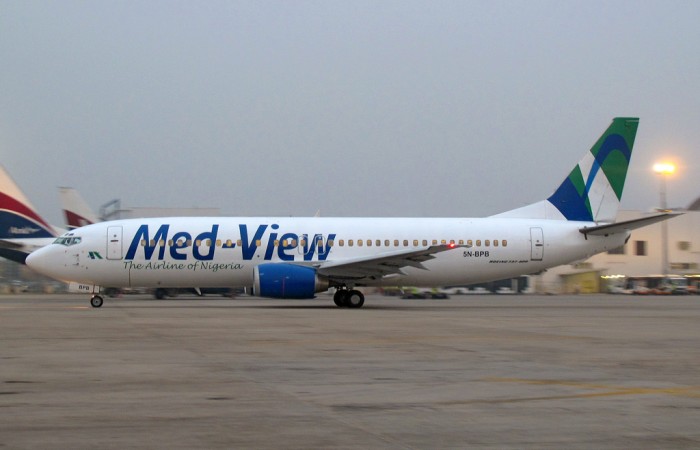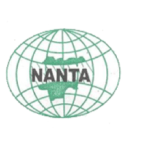
Nigerians are going through hard times owing to the current economic downturn. To add to the woes,
Nigerian travellers pay outrageous airfares. It is an oxymoron, but the fares have to go up because the country is losing the value of its currency, industry observers have intoned.
On international travel, foreign airlines have lost money in Nigeria and the over $600million trapped in the Central Bank of Nigeria (CBN) is still paid by piecemeal to the foreign carriers.
There are also indications that the airlines would lose significant part of their trapped funds in the new exchange rate policy; unless government and the International Air Transport Association (IATA) reach agreement outside the new forex policy, as the monies were trapped before the liberalisation of the exchange rate.
Industry observers are of the view that the airlines might lose about 40percent of the $600million with the current forex policy and to make up their losses, the airlines have introduced outrageous fares and it is feared that the fares would continue to rise till early next year.
Industry analysts argue that there is nothing government can do to interfere in this because the country does not have a national carrier, so it cannot influence the fares. In addition, foreign airlines want to get back what they have lost in the trapped funds, so they have to charge outrageous fares.
Travel expert, Ikechi Uko spoke on this and made this observation to THISDAY.
“A private airline will take a decision that suits it best not basically what is good for the passenger, the passenger is not its issue. For example, why is United pulling out of Nigeria? Why is Emirates pulling out one flight? Simple logic, the Nigerian government “stole” money from them, I am putting the stole in quote. You trapped their money, $600m for six months; at the end of the six months you devalue the money by 40 percent and give it back to them, so they have actually lost $240 million worth of money. So what did they do? They have to get the money back because it is money they legitimately earned. So you have actually robbed them of 40 percent of their income. So what did the banks do? The banks will sack staff and cut cost, airline will not sack staff, what the airline will do is reducing its cost and it increases its income. So what did Emirates do, remove one flight and increase the price of ticket on the other one to pay for the $240 million they have lost. So who pays it?”
On his part, industry consultant and CEO of Belujane Konsult, Chris Aligbe said the high fares would reduce passenger traffic and the country would not come out of it now because it reflects the present state of the economy of Nigeria.
“When you go into economic recession, recovery is not easy and your recovery rate depends on government policy and diversification of the economy, not on projections of rising oil price because oil prices will not bounce back easily. If we are able to diversify the economy, it will grow. Without insecurity we can attract international investors, but now we are in recession,” Aligbe said.

He reasoned that if domestic airlines do not increase fares they would collapse because they would not be able to manage their operations, pay for maintenance and training.
“Also international airlines will cut down on their operations, reduce their capacity. British Airways, Emirates have reduced their capacity but will continue to operate because Nigerians like to travel. Many students studying overseas are returning to get admission in high profile schools in the country and others in neighbouring countries, so Nigeria will start building more high quality universities,” Aligbe posited.
He observed however, that it would take some time before the country will turn the corner to economic redemption and urged the government to declare the aviation industry as infant industry and give it the needed support that would enable it grow and in the process boost the GDP.
“We should remove the challenge of aviation fuel scarcity in order to ensure the airlines survive because scarcity breeds high price of the product. The future of Nigerian carriers is bleak and their problem should not be addressed piecemeal,” the industry consultant said.
To save the airlines and control the fares, some industry experts noted that the government and its agencies should review downwards the charges leveled on domestic airlines.
President of Aviation Round Table (ART) Gbenga Olowo said air transport should be seen by government as vehicle for development and therefore should support by reducing charges paid by airlines, at least, at this time.
“Should government understand and appreciate the importance of airlines to national economic stimuli and growth; then the heavy burden of loading the many user charges on tariff should stop immediately. Airlines are not revenue collectors.
Travel agents, banks or appointed agencies should begin to collect Passenger Service Charge (TSC), Ticket Sales Charge (TSC), VAT, Fuel Charges, etc., deduct commission and remit balance through the International Air Transport Association (IATA) clearing house to the agencies.
“The airlines will safe 15 percent user charges presently eroding the tariff yield. Collection on tickets as it is done in other economies has proven unworkable in Nigeria. Airports should also be compelled to source non-aeronautical revenue just like most modern airports in the world,” Olowo said.






